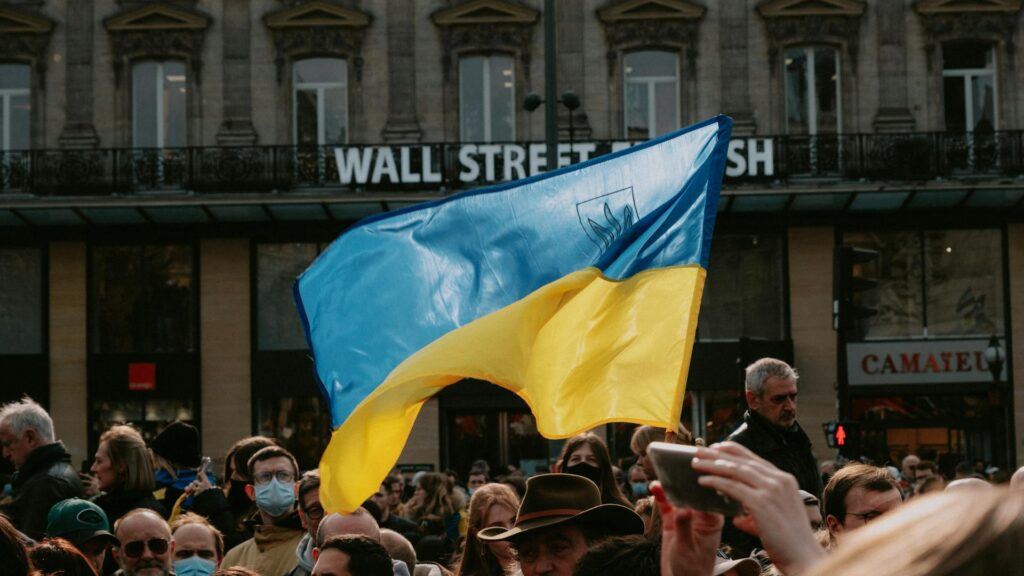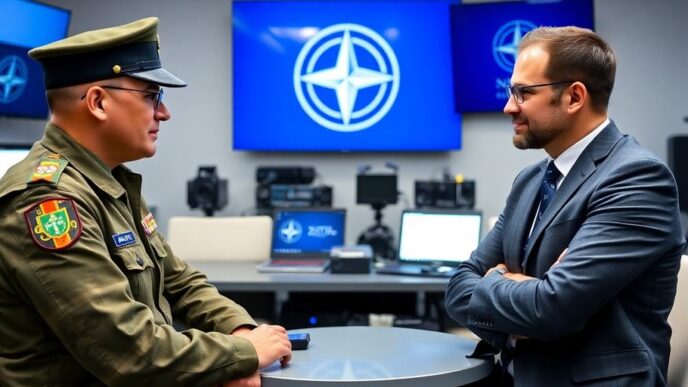Portugal has announced a significant financial commitment to Ukraine, pledging €220 million in aid for this year and the same amount in 2025. This move underscores Portugal’s dedication to supporting Ukraine amidst ongoing geopolitical tensions and aligns with broader NATO objectives.
Key Facts
- Portugal will provide €220 million in aid to Ukraine in 2024 and 2025.
- The commitment was reiterated by Prime Minister Luís Montenegro during a NATO summit in Washington.
- Portugal aims to reach 2% of its GDP in defense spending by 2029.
- The aid will support military, humanitarian, political, and economic efforts in Ukraine.
Portugal’s Commitment to Ukraine
Prime Minister Luís Montenegro confirmed the aid package during a press briefing in Washington, where he was accompanied by the Ministers of State, Foreign Affairs, and National Defense. The announcement was made in the context of a NATO summit, which also marked the 75th anniversary of the alliance.
Montenegro emphasized that the aid is part of a broader international coalition supporting Ukraine. He noted that the financial assistance would be repeated in 2025, pending final agreements at the summit.

NATO’s Role and Portugal’s Defense Spending
The NATO summit, which began with a ceremony commemorating the alliance’s 75th anniversary, focused heavily on support for Ukraine. NATO Secretary-General Jens Stoltenberg proposed that the alliance commit to an annual support package of €40 billion for Ukraine.
Portugal’s commitment to Ukraine is part of its broader strategy to increase defense spending. Montenegro reiterated Portugal’s goal to allocate 2% of its GDP to defense by 2029, a year earlier than initially planned. This commitment was formalized in a letter sent to the NATO Secretary-General.
Economic and Technological Benefits
Montenegro highlighted that the aid to Ukraine is not just a security measure but also an economic opportunity for Portugal. He pointed out that sectors such as technology and textiles could benefit from this initiative. Portugal has significant expertise in drones and unmanned vehicles, as well as a competitive textile industry that can supply military equipment.
Addressing Budget Concerns
When questioned about past budget shortfalls in the defense sector, Montenegro assured that future budgets would be more effective. He emphasized the importance of investing in human capital and improving military careers. Additionally, he mentioned plans to equip the Portuguese Armed Forces with new equipment, including potential acquisitions of A-29 Super Tucano aircraft.
International and Domestic Implications
Montenegro dismissed concerns that a potential re-election of Donald Trump as U.S. President could disrupt NATO’s objectives. He stressed that NATO’s commitments transcend the internal politics of individual member countries.
The Prime Minister, along with the Ministers of Foreign Affairs and Defense, participated in official ceremonies and meetings with NATO Secretary-General Jens Stoltenberg and U.S. President Joe Biden. The day concluded with a dinner at the White House for the summit’s attendees.













